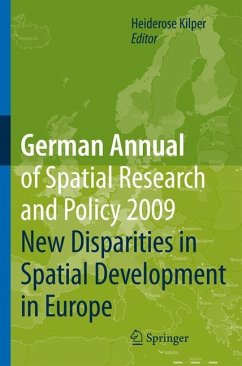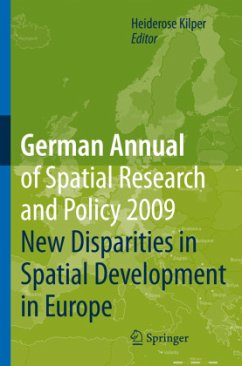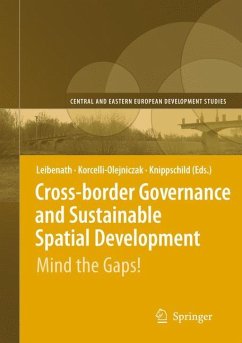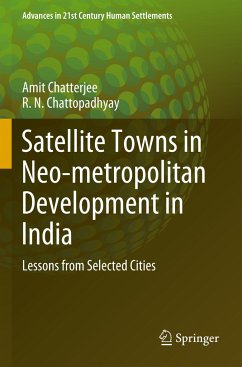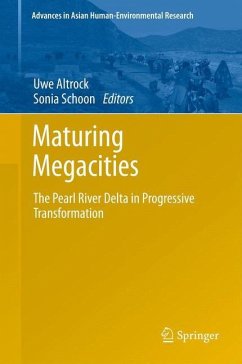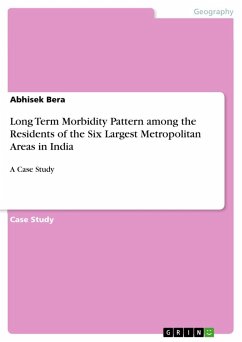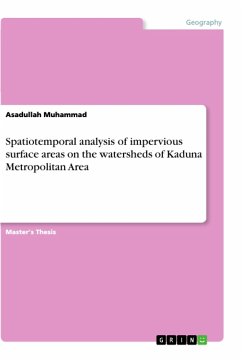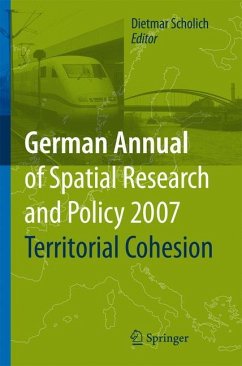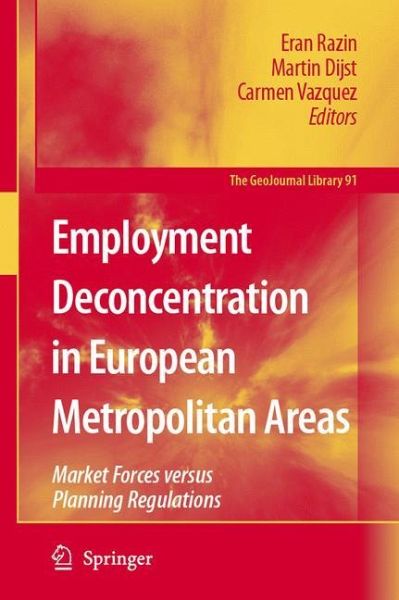
Employment Deconcentration in European Metropolitan Areas
Market Forces versus Planning Regulations
Herausgegeben: Razin, Eran; Dijst, Martin; Vázquez, Carmen
Versandkostenfrei!
Versandfertig in 6-10 Tagen
113,99 €
inkl. MwSt.

PAYBACK Punkte
57 °P sammeln!
European metropolitan areas have experienced a marked reorganization associated with the processes of globalization and the European integration of economic act- ities on various spatial scales. Much of this change is particularly evident at the edge of central cities, further away at suburban locations and on the fringes of expanding metropolitan areas. These spatial processes of urban expansion, sprawling dev- opment, and employment deconcentration present constant challenges to urban quality of life, raising concerns about excessive consumption of land and energy, traffic congestion, and so...
European metropolitan areas have experienced a marked reorganization associated with the processes of globalization and the European integration of economic act- ities on various spatial scales. Much of this change is particularly evident at the edge of central cities, further away at suburban locations and on the fringes of expanding metropolitan areas. These spatial processes of urban expansion, sprawling dev- opment, and employment deconcentration present constant challenges to urban quality of life, raising concerns about excessive consumption of land and energy, traffic congestion, and so forth. These concerns prompt the formulation of public policies at various levels of government: European Union agencies, national, and sub national public authorities. The challenges posed by the spatial reorganization of economic activities within European metropolitan areas and their implications for the quality of life inspired the research project sponsored by the European Commission 5th Framework, entitled: Spatial Deconcentration of Economic Land Use and Quality of Life in European Metropolitan Areas (SELMA). The primary goal of SELMA was to design urban planning and management strategies to ensure the maintenance of the quality of life in European metropolitan areas. To this end, three broad activities were defined. The first focused on the identification and analysis of the driving forces and dynamics behind the process of economic land-use deconcentration in metropolitan areas. An analysis of the impacts of these processes on urban quality of life formed the heart of the second activity.



